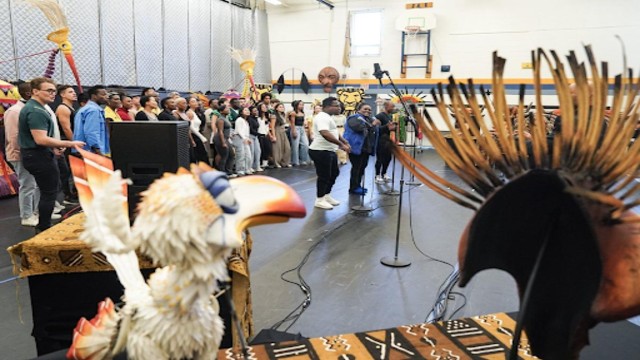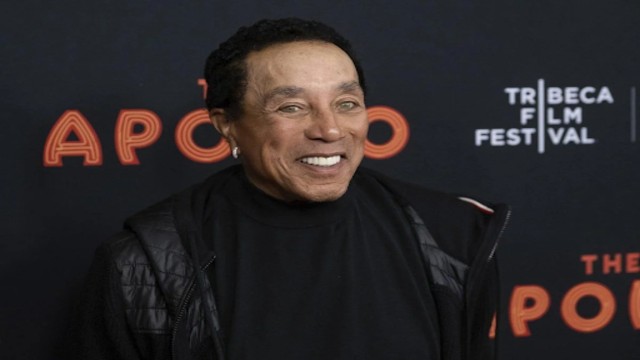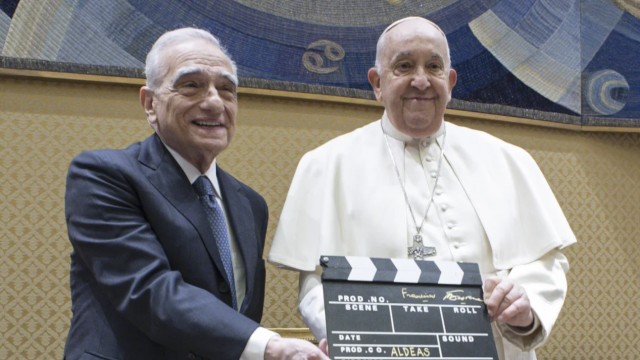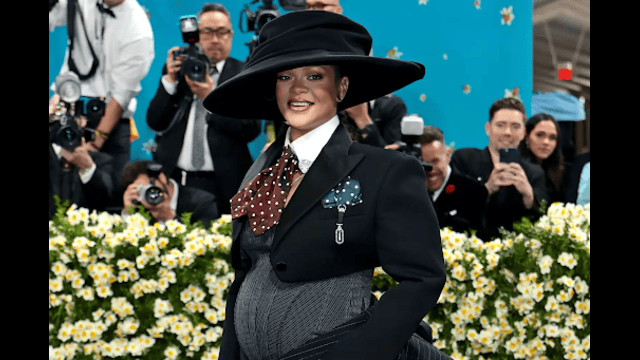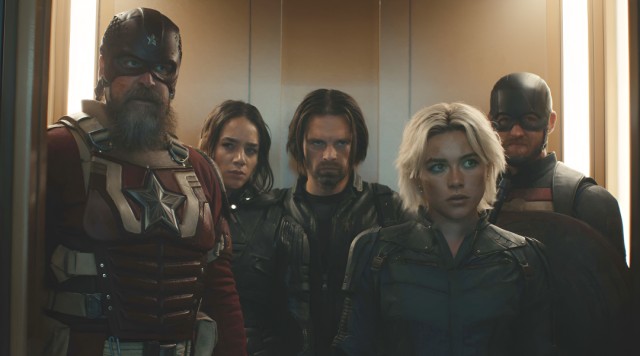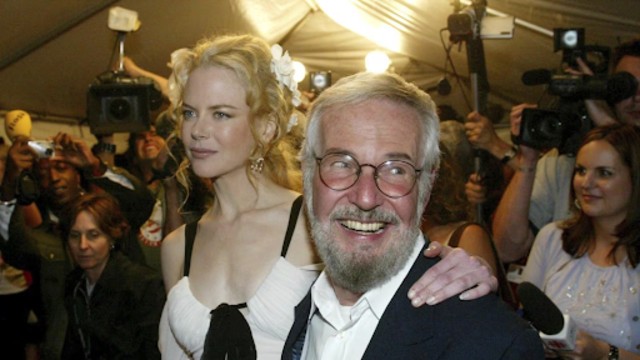
Actor Nicole Kidman, left, and director Robert Benton appear at the premiere of 'The Human Stain' at the Toronto International Film Festival in Toronto on Sept. 6, 2003. AP Photo
Oscar-winning filmmaker Robert Benton, a true force behind Hollywood’s creative reinvention, passed away at 92. He died of natural causes at his Manhattan home, his son John Benton confirmed. With a career spanning over four decades, Benton carved his name into cinema history through bold storytelling and emotional depth.
Robert Benton - The Man Who Reshaped Hollywood’s Narrative
Benton’s rise began with Bonnie and Clyde—a film that jolted the industry into a new era. He co-wrote the script with fellow Esquire editor David Newman. Together, they reimagined Depression-era outlaws as symbols of 1960s rebellion. Their draft was edgy, controversial, and initially resisted. But when Warren Beatty stepped in as producer and lead, the project finally found momentum.
Directed by Arthur Penn and starring Beatty alongside Faye Dunaway, the film was violent, daring, and unapologetically raw. It rattled traditional sensibilities yet soon gained cult-like admiration. It became a touchstone of its time and redefined what American cinema could be.
Benton’s original script was even more provocative—Clyde was written as bisexual. That part was later softened. Yet, his rebellious vision remained intact, paving the way for greater creative freedom in Hollywood.
Crafting Oscar-Winning Stories
After Bonnie and Clyde, Benton continued to pen compelling narratives. His breakthrough as a director came with Kramer vs. Kramer (1979). The film, based on Avery Corman’s novel, explored a father’s emotional journey through divorce and custody battles. It touched audiences deeply, winning five Oscars, including Best Picture and Best Director. Stars Dustin Hoffman and Meryl Streep both earned Academy Awards for their roles.
Hoffman even credited Benton with reigniting his passion for acting during a period of personal disillusionment with the industry.
In 1984, Benton returned with Places in the Heart, another award-winning success. This time, the story hit closer to home. Inspired by his Texan roots, Benton created a heartfelt portrayal of a widowed mother struggling to save her farm during the Great Depression. Sally Field’s powerful performance earned her an Oscar, and Benton won again for his screenplay.
From Dyslexia to Master Storyteller
Remarkably, Benton battled severe dyslexia since childhood. Reading more than a few pages at once was a challenge. Still, he adapted novels by literary giants like Philip Roth, Richard Russo, and E.L. Doctorow for the screen with extraordinary finesse.
Actors admired his gentle, intuitive approach. He gave them space to explore, trusted their instincts, and brought out award-winning performances in return.
A Life Fueled by Film
Born in Waxahachie, Texas, Benton’s love for cinema began with his father. Instead of asking about schoolwork, his dad took the family to movie theaters. That early exposure shaped his lifelong obsession with storytelling.
After studying at the University of Texas and Columbia University, Benton served in the U.S. Army. His path soon led to Esquire, where his flair for satire helped launch the magazine’s Dubious Achievement Awards.
He married artist Sallie Rendigs in 1964. Together, they raised one son.
A Legacy Etched in Celluloid
Though not all his films hit the mark—Billy Bathgate and The Human Stain failed to shine—Benton found late-career success with Nobody’s Fool in 1994. Paul Newman starred in the lead role, earning his final Oscar nomination. The film was another adaptation, drawn from Russo’s novel, and earned Benton his last Academy nod.
Reflecting on the Oscars, Robert Benton once called the ceremony “home.” For him, it wasn’t about the accolades. It was about belonging. The community, the artistry, the years of collaboration—those were his family.
Now, the curtain closes on a storyteller who made Hollywood more honest, more emotional, and infinitely more human.


